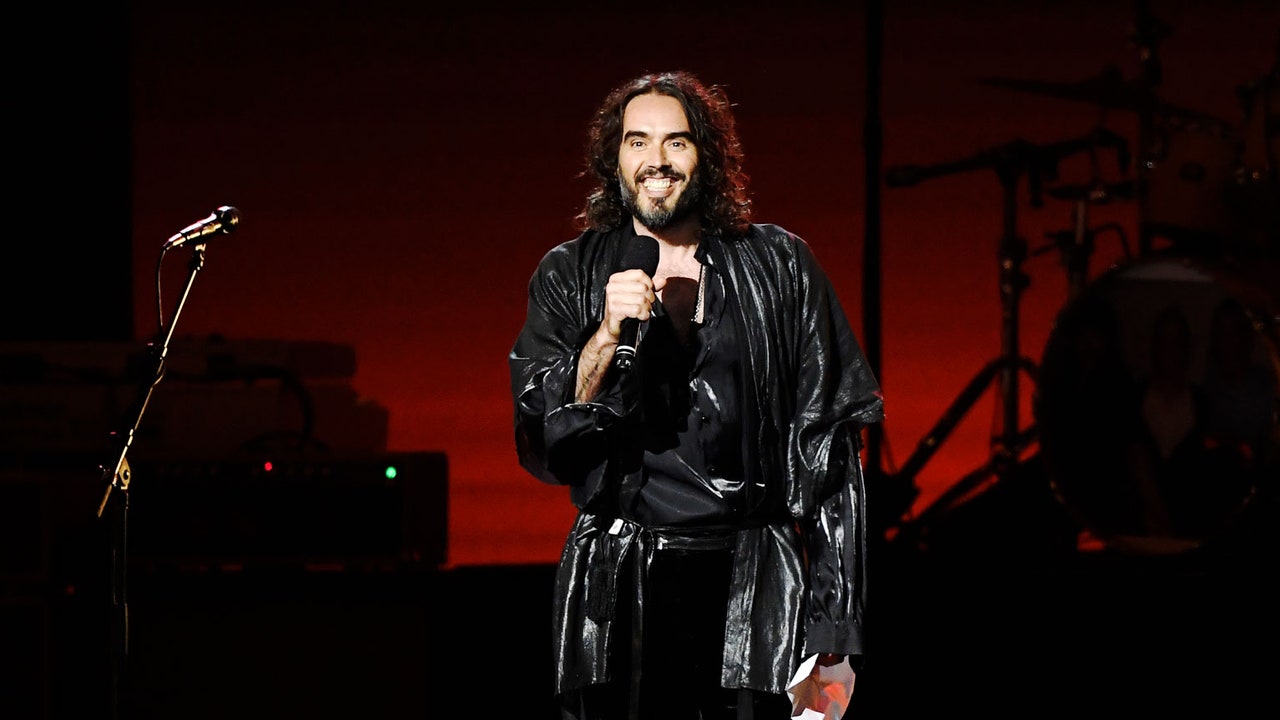The Dark Economics of Russell Brand

It’s a trajectory Brand has also followed. Some of his videos on YouTube have previously been demonetized by the platform after being reported for spreading Covid-19 misinformation. But pinned to the top of the comments under some of his recent posts is a promotional link to a website selling gold, posted from Brand’s account.
On Tuesday morning, YouTube suspended monetization on Brand’s account.
But Brand has other platforms. He has embraced the YouTube alternative Rumble, a Florida-based platform that has picked up a number of exiles from the mainstream. In March, Rumble announced that Brand had reached 1 million subscribers. The financial terms of that arrangement haven’t been released; Rumble didn’t respond to a request for comment.
“A lot of these figures will use a range of platforms simultaneously for different purposes. So if they can keep some form of presence on a mainstream platform, they will, and they will stick broadly within the guidelines of that platform, because they understand that the purpose of that is to reach new audiences,” Mulhall says. “And simultaneously, they will use alt-tech platforms for more extreme content, speaking to a harder audience.”
So-called “alt-tech” platforms like Rumble, Gettr, and Truth Social have become increasingly viable spaces to build audiences, outside of the stricter rules of Instagram, YouTube, or Facebook. While most mainstream platforms have at least paid lip service to reducing the amount of misinformation and conspiracy content, one seems to be embracing it. Under Musk, Twitter has unbanned accounts—including Tate’s—that were previously kicked off the platform, and allowed them to make thousands of dollars off their engagement. “With Twitter’s new monetization policy, there’s a whole host of extreme and difficult or problematic characters that seem to be now, once again, raising money from so-called mainstream platforms,” Mulhall says.
Brand hasn’t posted to any of the platforms since his “So This Is Happening” video—but he did perform at a live show on Saturday night, to a loyal crowd. On X many blue ticks—those users willing to back Musk’s vision with $8 per month—have rallied to support the actor. Misinformation expert Owen Jones did a snap analysis of responses to tweets by media organizations about the story. Seventy percent of top-rated tweets were in support of Brand, suggesting that the economics that support his pivot to conspiracy are bulletproof to scandal.
“It’s got its own built-in defense mechanism when people are deplatformed, because you’re selling people this idea that everything is orchestrated, you’re right to think that it’s all orchestrated. And if they get taken down, all these people just think, ‘Well, that’s because they were telling the truth,’” Ondrak says. “You know that you have an audience which is amenable to conspiracy theories, that you can come right off the bat with the defense that this is all a lie, this is control, because you know they’re going to believe it.”
The allegations against Brand are serious. He may, in time, face consequences in the real world, even as his online profile once again rises, hitched to a self-sustaining elite conspiracy. That conspiracy will roll on, because it’s pervasive, it speaks to something within millions of people. And because its economics don’t just work for content producers, they work for the platforms too.
UPDATE 19/09/2023 9:10 am GMT: updated to reflect that YouTube has now suspended monetization on Brand’s account.
This article has been archived for your research. The original version from Wired.co.uk can be found here.


